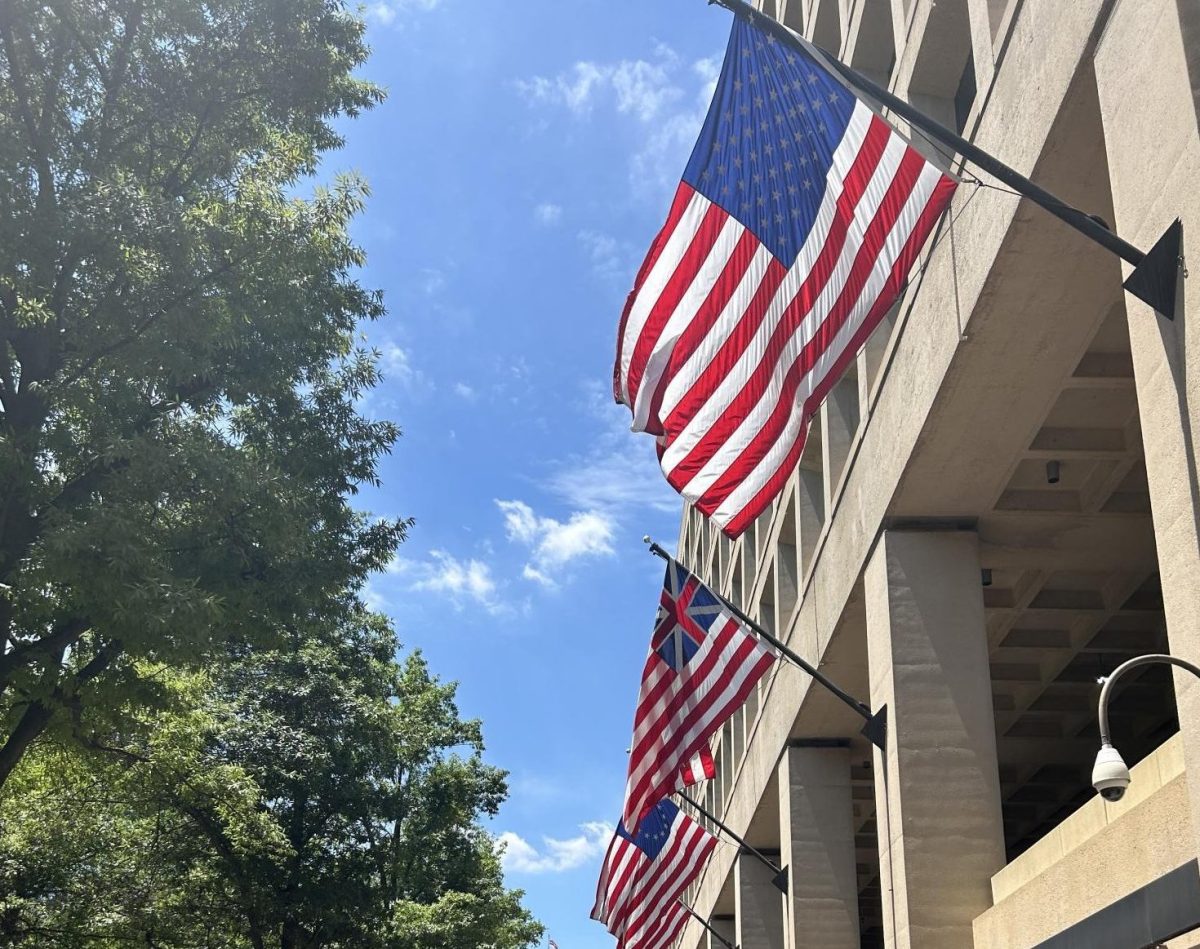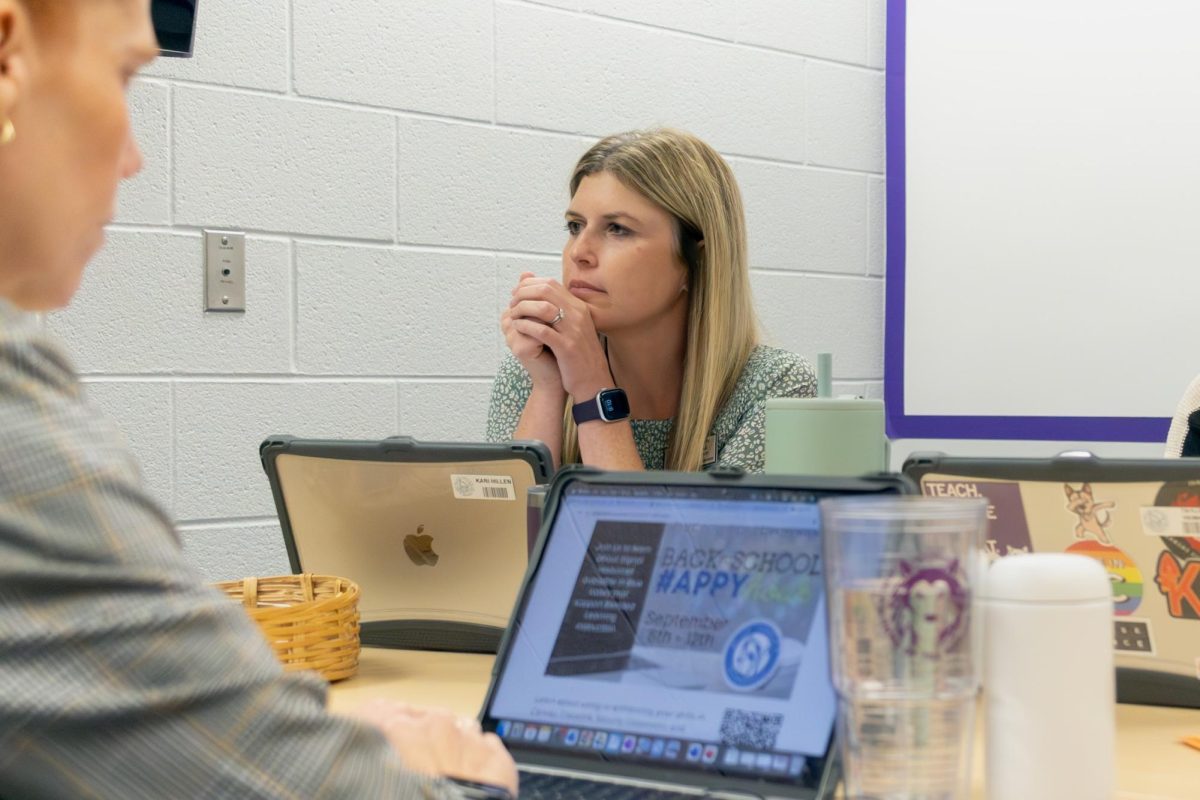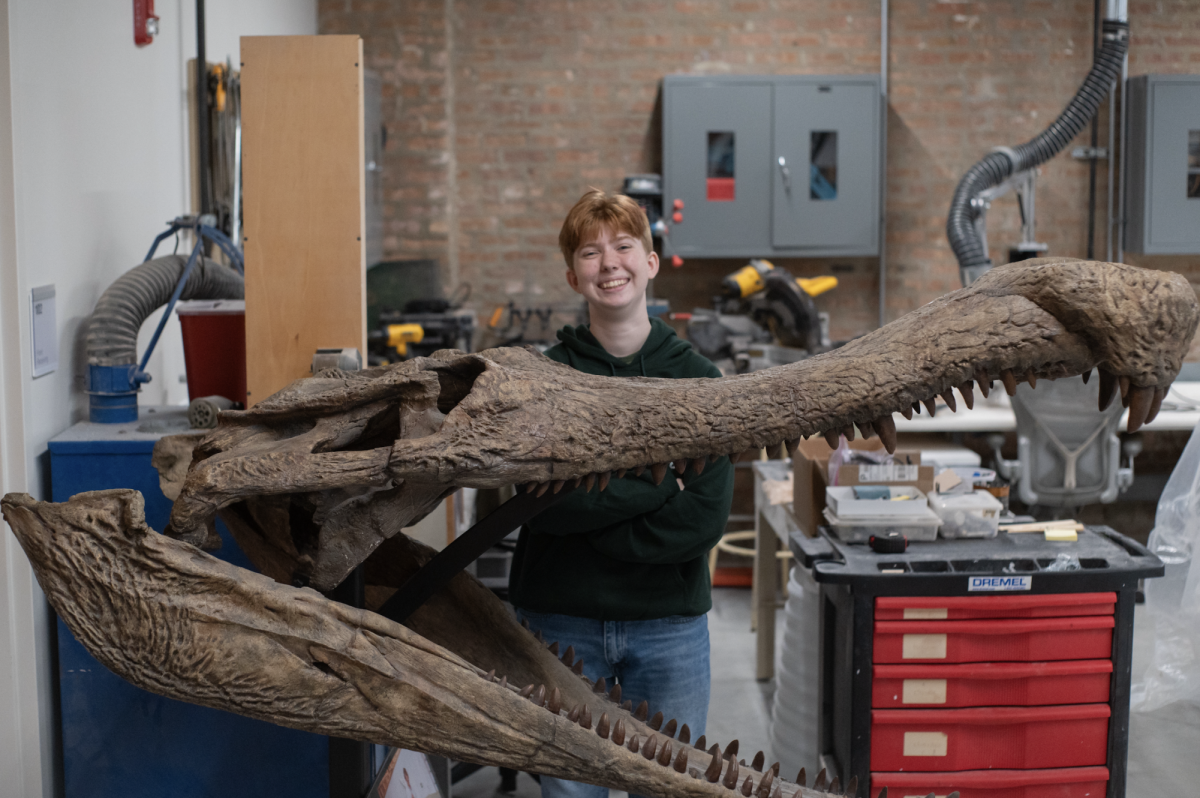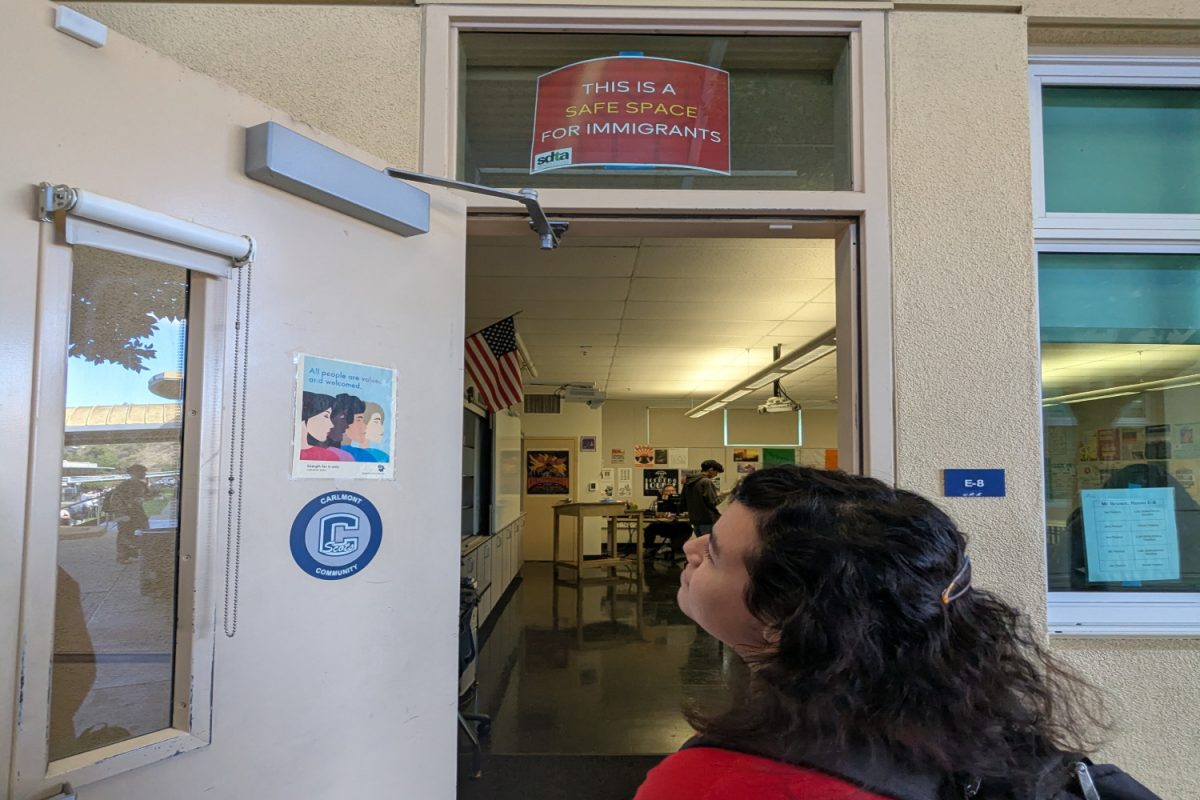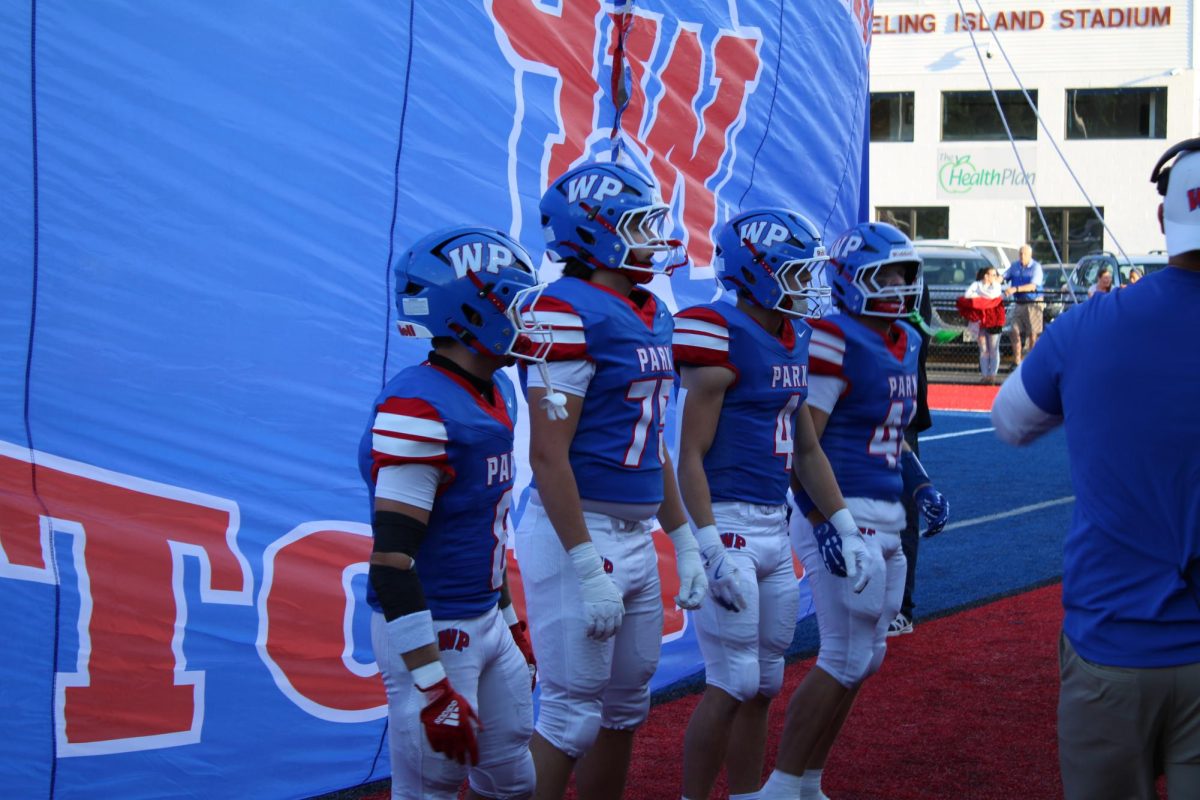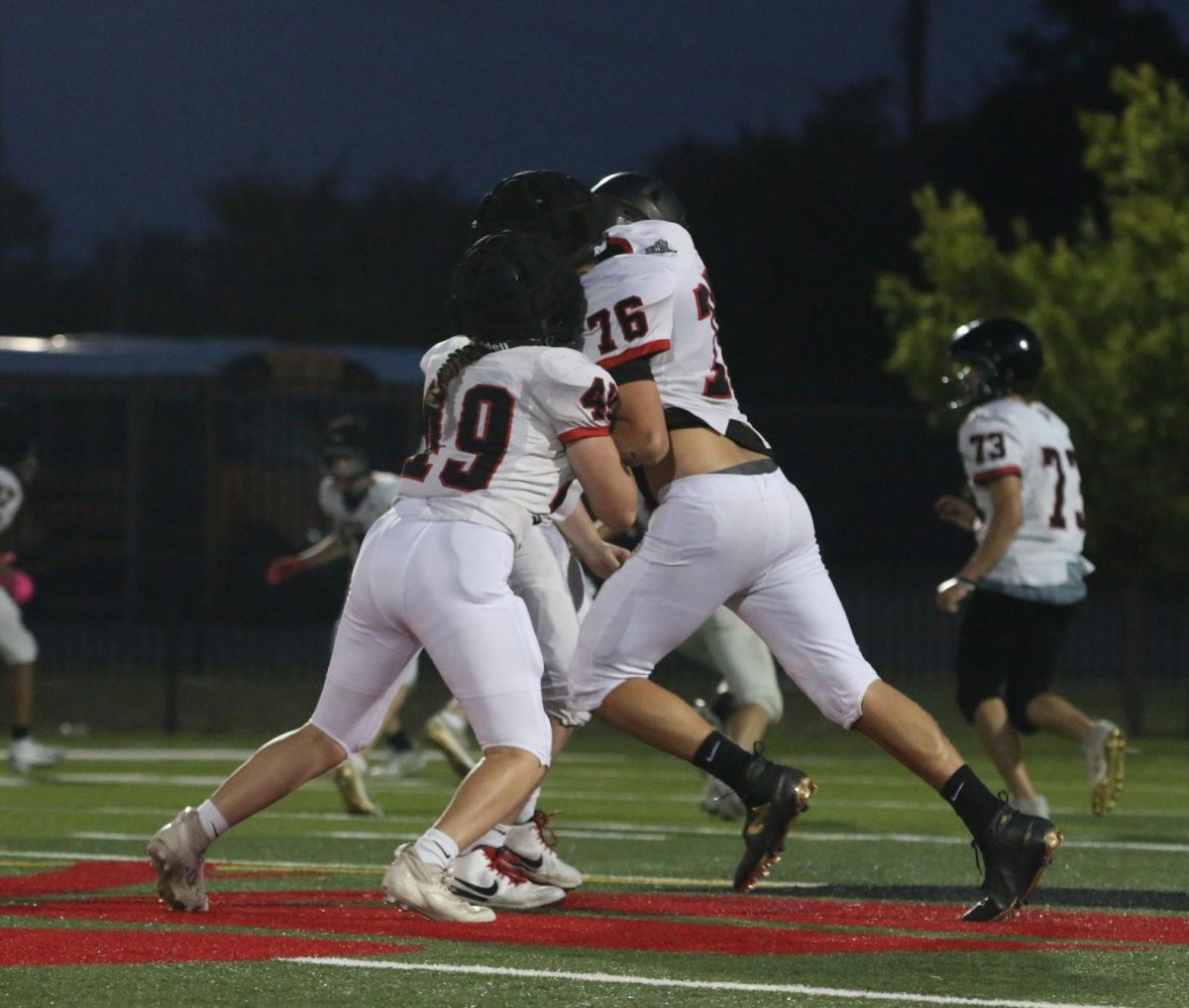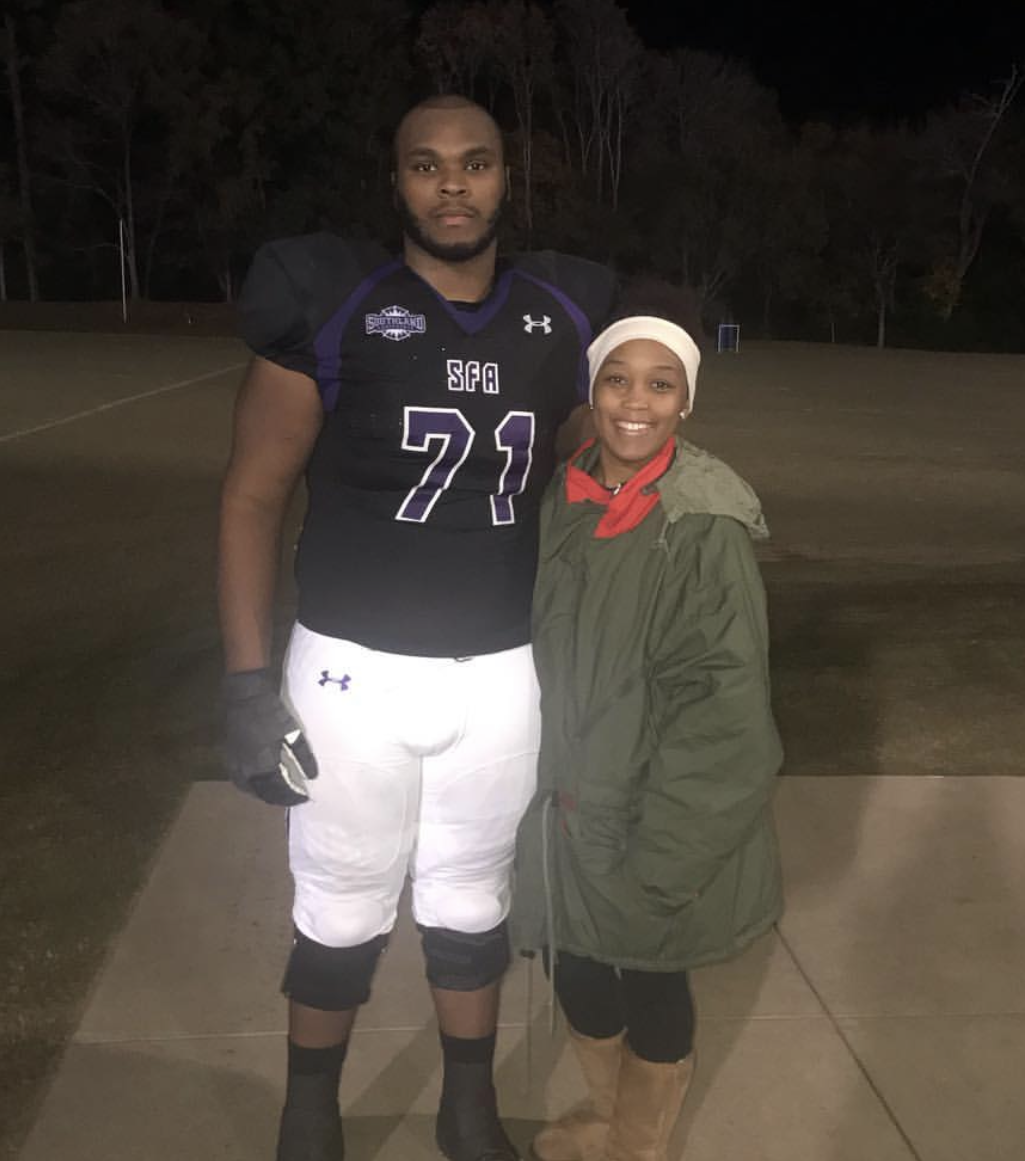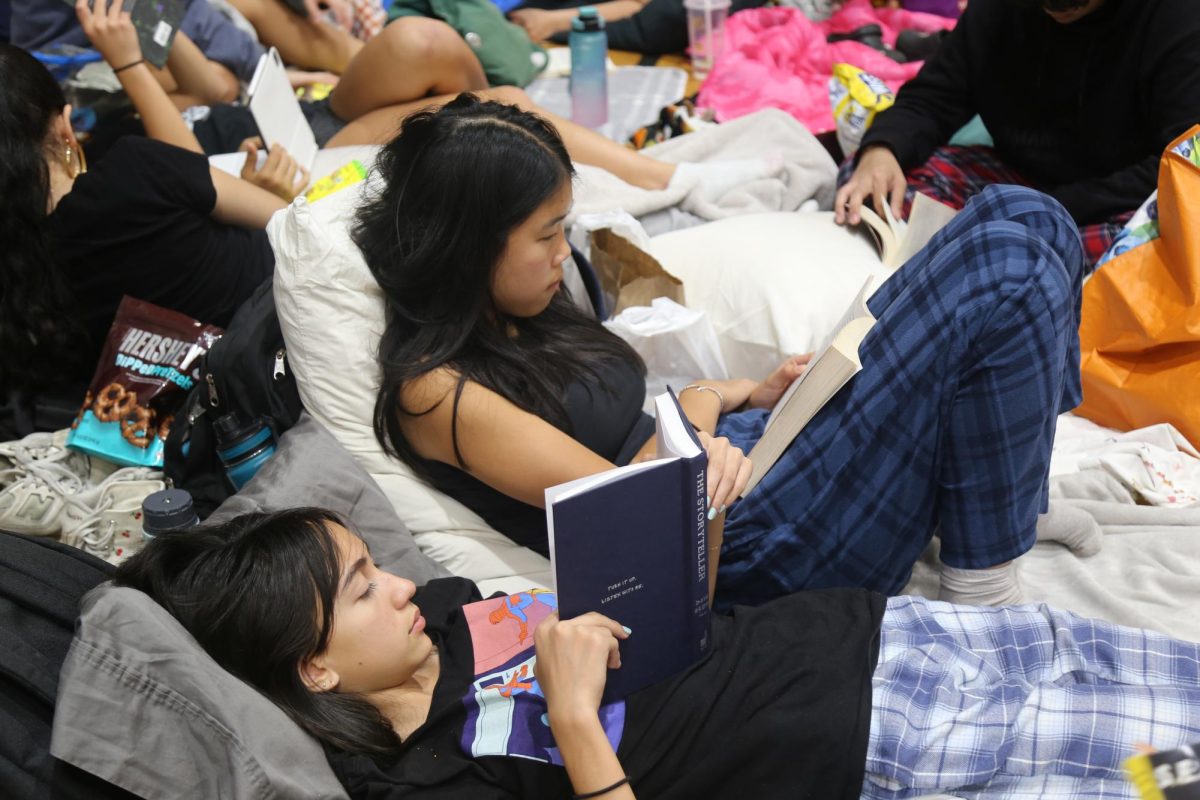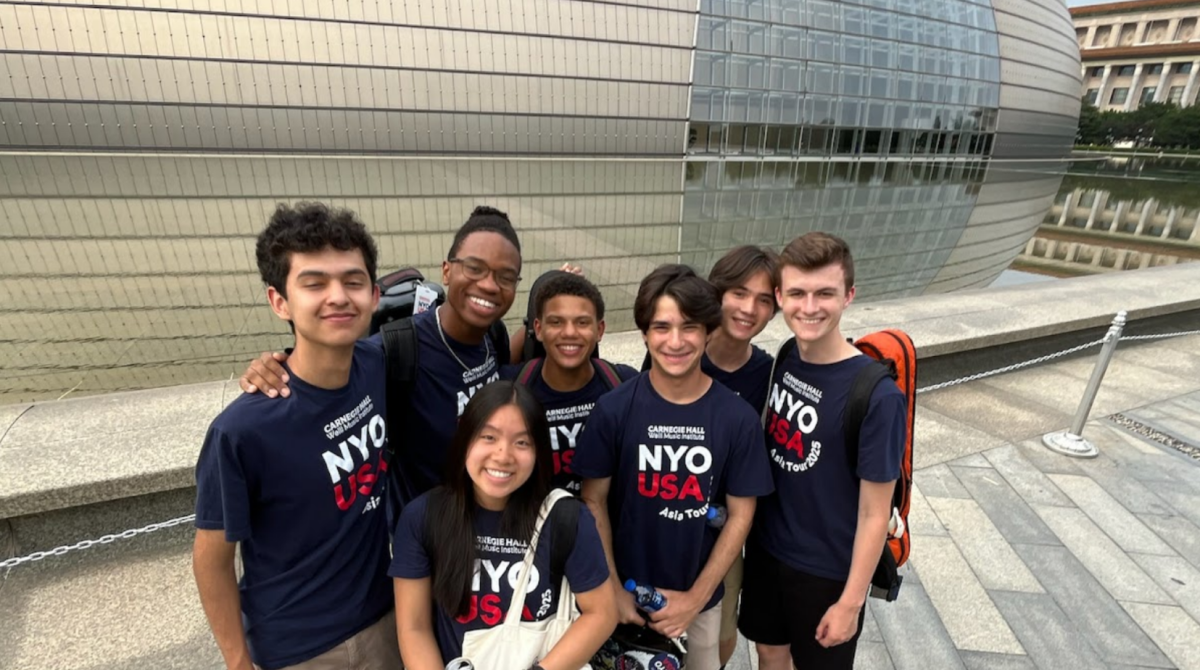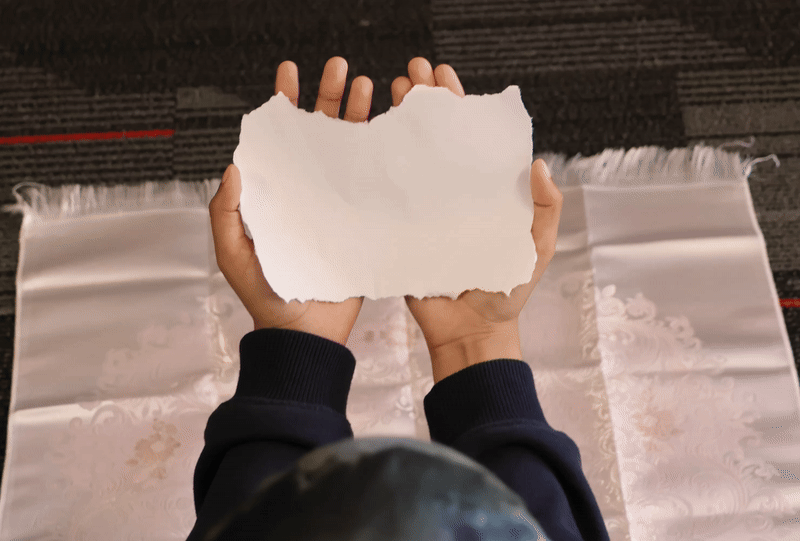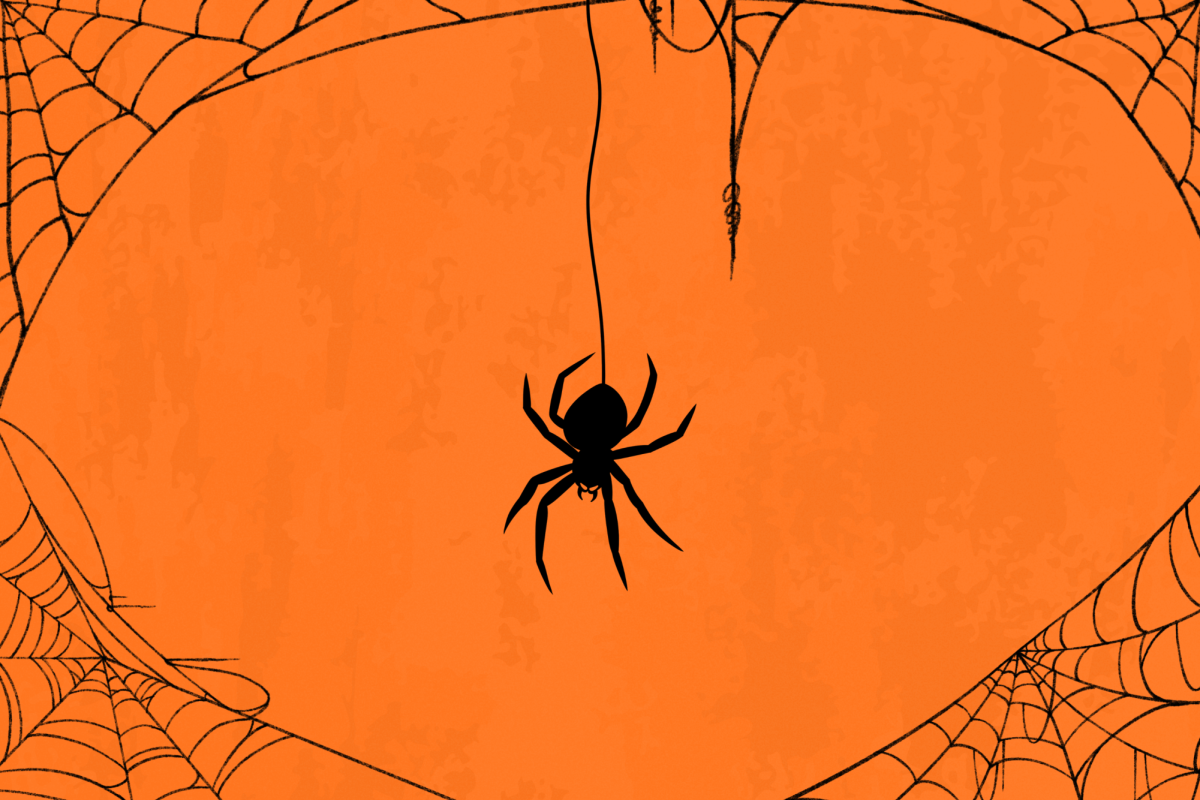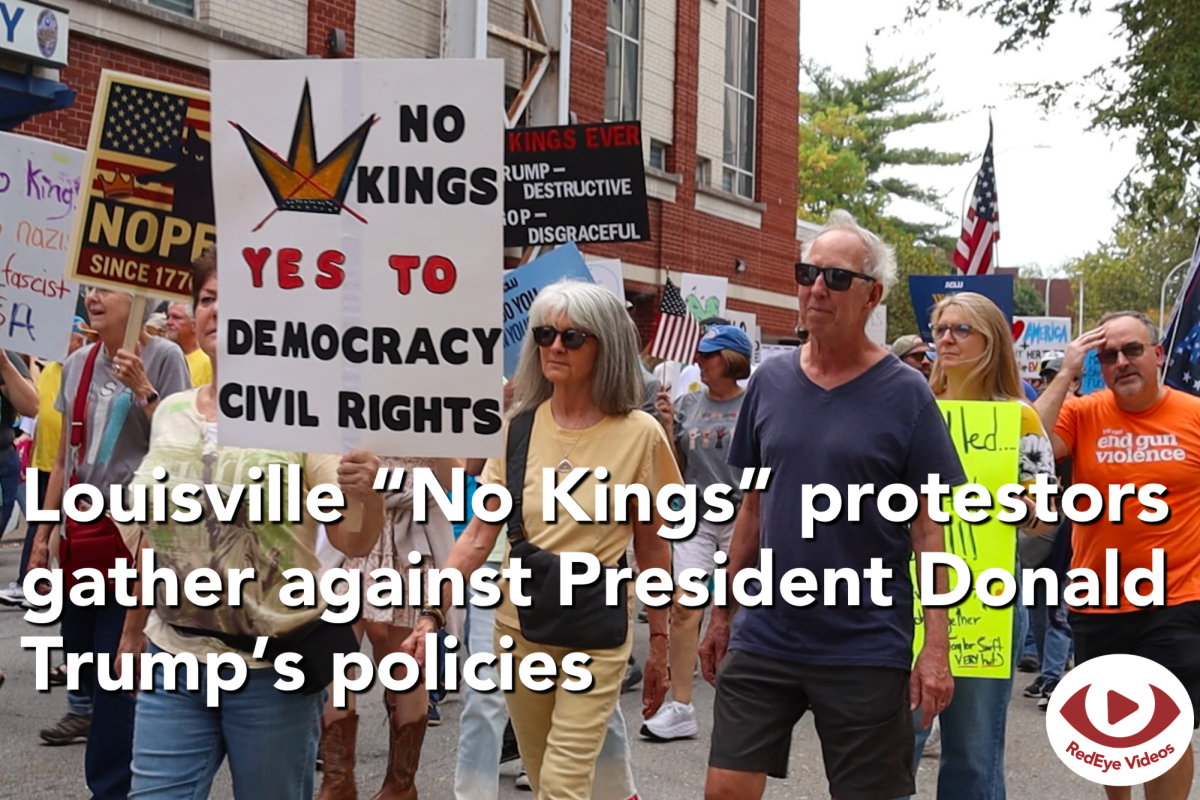On Wednesday, Oct. 15, journalists covering the U.S. military from a range of news outlets turned in their press passes and walked out of the Pentagon to protest new government-imposed restrictions on their reporting. Defense Secretary Pete Hegseth announced that journalists must sign a pledge not to report on anything that has not been preapproved for publication by the Pentagon. Restrictions also included access to certain Pentagon offices and other spaces, as well as a requirement that they be escorted to others. The unprecedented situation has sparked conversations regarding the state of press freedom and whether growing limits on access to information signal deeper concerns for the future of journalism.
The protest marks a rare moment of unity among competing media outlets. This collective stand represents a growing unease about the relationship between the government and the press. Director of the North Carolina Open Government Coalition and professor at Elon University, Pate McMichael has been a journalist since 2003. As an advocate for government transparency and a writer with over two decades of experience, McMichael understands the delicate balance between national security and transparency.
“[Journalists] that cover the Pentagon know what classified information is and the risk they face if they report on it,” McMichael said. “There are many laws and processes in place for the government to pursue individuals who leak classified information, but rather than wait for that to happen, there’s this idea that [the journalists] have to take this oath and that feels like a trap for them.”
For decades, journalists have operated under an understanding that the press, though subject to national security limits, maintains independence from government approval. However, the new policy displays just one of the many issues journalists have faced in this administration. McMichael emphasizes the shift in press freedoms along with the negative connotation he has seen in regards to journalism.
“It feels like we’re moving into a very different time and place when it comes to journalism and how we cover our government,” McMichael said. “Press freedom is very much under attack in the U.S. Just being a journalist has become somewhat controversial because of the way journalism is being used to fight political battles and try to discredit people for simply trying to tell the truth.”
While veteran journalists like McMichael view the restrictions as part of a troubling national trend, student journalists are also grappling with what the Pentagon walkout means for the future of their profession. Alli Pardue, the Editor-in-Chief of UNC-Chapel Hill’s newspaper, The Daily Tar Heel, is an experienced writer and an authority figure in the newsroom. Pardue was shocked by the demonstration, yet trusted that due to the large public outcry along with the bipartisan nature of the reporters, the issue was serious.
“It’s always surprising when journalists are the ones doing the protesting, but it’s also what makes it so noteworthy,” Pardue said. “Due to the nature of the journalists who were protesting, I immediately trusted that their reasoning was a righteous one. I was proud to be a journalist myself and to see other journalists standing up for what they think is right.”
The Society of Professional Journalists’ “Code of Ethics” also comes into play. While this code is a voluntary guide, its ideas are still reflected in the work of many journalists. This raises the question of whether the restrictions are necessary, as if following the code, American journalists would not intentionally put their fellow citizens in danger. Pardue explains how the aspect of minimizing harm applies to military journalists, such as those stationed in the Pentagon.
“It is our ethical code to always try to minimize harm in our reporting,” Pardue said. “When it comes to military secrets and military operations, we are not only trying to inform the public when there’s something they need to be informed about, but we are also trying to protect our troops because they’re part of our public as well.”
In addition to following ethics, adhering to the Constitution also applies to this situation. The walkout is not only a matter of access but of democratic principle as well. Wakefield High School AP U.S. Government and Politics teacher Joseph Williams weighs in on the civic-oriented aspect of the restrictions.
“At the end of the day, the Pentagon can set their own policy, but the question then becomes ‘Is that policy a violation of the First Amendment?’ and that is probably going to be something the courts are going to have to work out,” Williams said.
The Pentagon restrictions not only raise questions regarding the First Amendment, but they also limit journalists from simply doing their jobs. Journalists work independently of the government, and in the end, they make an income by reporting stories. Ryan Thornburg has taught journalism classes at the UNC-Chapel Hill since 2007, and before he became a professor, he wrote for The Washington Post. Thornburg explains his perspective on part of the journalists’ reasoning for their walkout.
“[Journalists have] too many things to do to just essentially sit in a locked room and only be able to speak when they’re given permission,” Thornburg said. “That is not the kind of independence that we need for democracy to work.”
This is not the first time in a president’s administration that the press has faced restriction or a change of rules in their coverage. Journalists and the government have had an adversarial relationship for a long time. However, the public opinion on the press has never remained constant. At this time, Pardue reflects on the public’s view of the press and emphasizes the fundamental service journalism provides to citizens.
“It’s going to take a big push to remind people that the news outlets are not the enemy,” Pardue said. “News outlets are there to serve the people, and they’re closer to the people than the people in power are.”
This story was originally published on The Howler on October 24, 2025.


